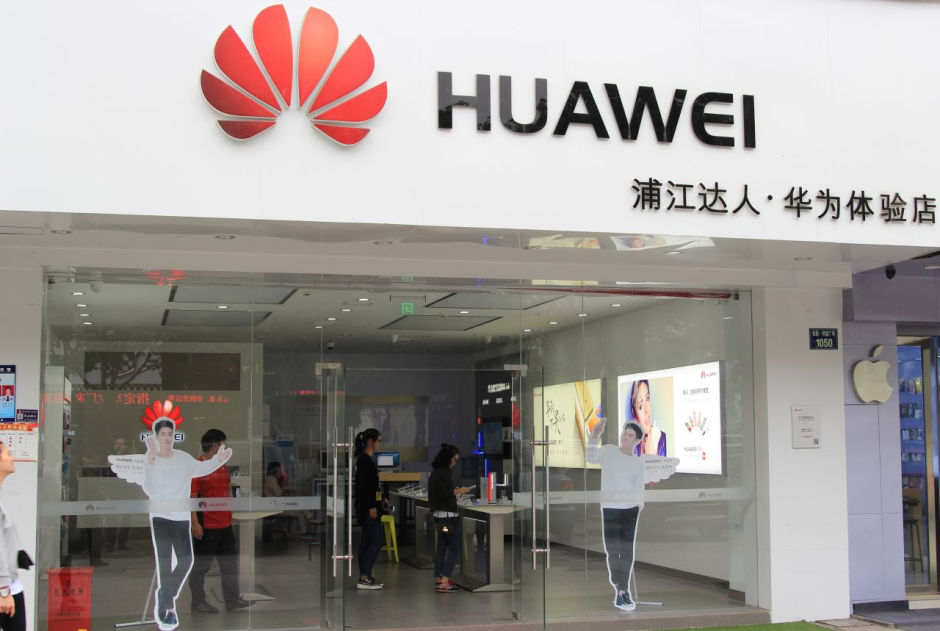Huawei has called upon various governments including America to provide evidence for their claims that their equipment poses security risks.
In their press conference held on Tuesday, chairman of Huawei, Ken Hu, dismissed all the claims and accusations as they stemmed from “ideology and geopolitics.” Currently, multiple countries including New Zealand, Australia, and the US have imposed bans on Huawei’s equipment citing security as an issue. “If you have proof or evidence, it should be made known,” said Hu. “Maybe not to Huawei and maybe not to the public, but to telecom operators, because they are the ones that buy Huawei.”
Huawei, which is the biggest supplier of telecommunication equipment around the world and a leader in 5G development has been facing a backlash from governments across the world for not being secure. 5G is going to be a crucial part of future routines as it will be connecting cities, cars, phone and everything that one can imagine, so security is indeed a valid concern.
However, many believe that such bans are motivated by the current tensions between China and the US and have nothing to do with security. Huawei has denied such claims multiple times, but this was the first time a higher ranked executive made the comments. “We haven’t received any request to provide improper information,” Hu said. “In the future, we will also act in strict accordance with the law in dealing with similar situations.”
Huawei employees more than 80,000 people in its R&D department and is expected to make over $100 billion in annual revenue this year. At the moment, Huawei has secured 25 commercial contracts for 5G. Huawei has been looking to tap into new markets and believes that Australia should cooperate for mutual benefit. Hu said that Huawei’s presence could reduce the cost from 15 to 40% in setting up the 5G network, an industry that is expected to hit $20 billion mark globally by 2022.
Huawei also talked about how they were upgrading their labs by investing over $2 billion to battle network and cybersecurity risk. “You can’t make yourself more excellent by blocking competitors from the playing field,” Hu said.












